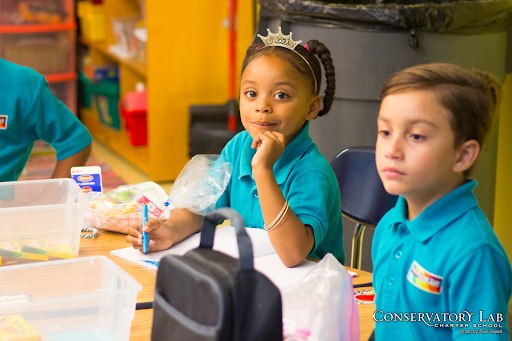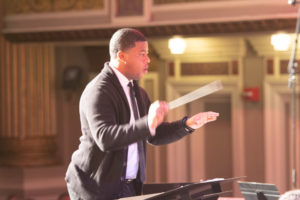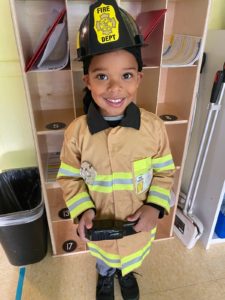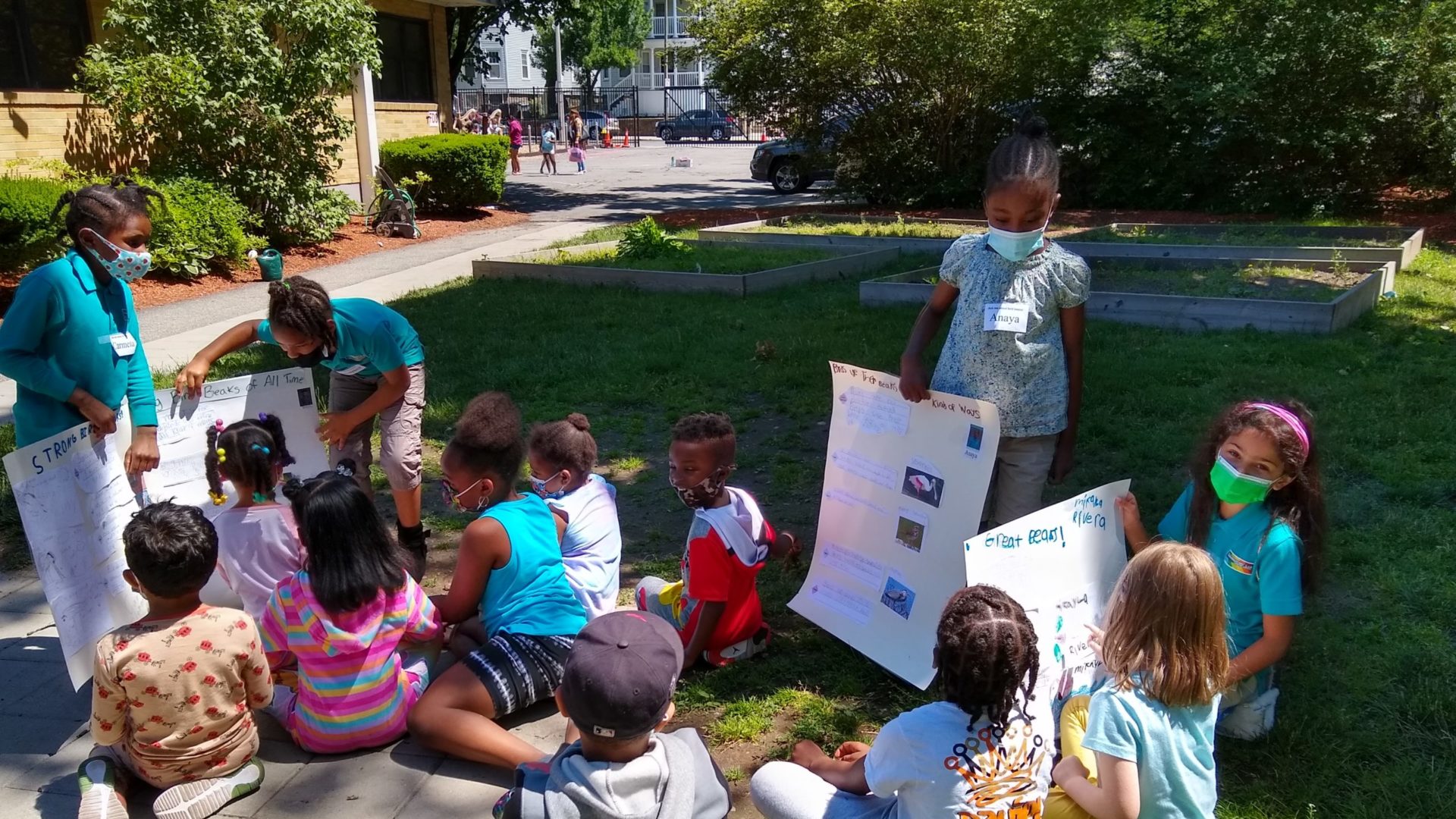Our Teacher Philosophy :

CREATIVE CURRICULUM
Our unique approach to curriculum allows teachers to not only teach skills and concepts, but also create opportunities for students to apply their learning to problems in their community. Students participate in FIELDWORK to allow students to learn in an authentic environment. Teams design learning experiences where students work with EXPERTS in the field of their learning to see how professionals approach the same concepts and draw from their expertise. Students make connections from the concepts introduced in class to problems in the real world through SERVICE LEARNING opportunities.

DAILY MUSIC INSTRUCTION
Every student at CLCS engages in daily music instruction. K1 – K2 students engage in early childhood general music, and all students play a stringed instrument beginning in grade one. As students move through the grade levels they add winds and brass instruments. Music educators lead music instruction and partner with academic teachers to create interdisciplinary learning opportunities.

SUPPORTING SOCIAL EMOTIONAL LEARNING
All students participate in regular “CREW” meetings to support the social development skills. Elementary students meet with their homeroom to engage in games and role playing to learn new skills, as well as work together to support one another to build a welcoming learning environment in their classroom. Middle school students meet in small mixed groups with CREW leaders to expand their social development skills and address issues in the school or community. All students learn to articulate their learning goals and plan for success. Each year students invite their families to student led conferences to share their successes and challenges, and design a family plan for improvement.
EQUITY IN INSTRUCTIONAL SUPPORTS
Using regular data reviews teachers and administrators identify struggling students in order to match support services to students’ needs. Students receive both push-in and pull-out supports based on individualized needs. Smaller class sizes facilitate small group instructional delivery and personalized learning opportunities for students.
INTERDISCIPLINARY COLLABORATIONS
Music and arts staff collaborate with academic teachers to make learning come alive. Teams create engaging activities for students to synthesize their learning, such as multimedia compositions, podcasts, and plays.
GROWING TEACHER PRACTICE
Following WEEKLY OR BIWEEKLY OBSERVATIONS, directors meet with teachers on a weekly or bi-weekly basis to provide support and feedback. The observation process also serves as an opportunity for teachers to self-identify areas where they want to grow their own process. Teachers engage in weekly professional development to expand instructional practices to meet the needs of all learners.
STRUCTURES FOR SHARED PLANNING
Directors work with teachers to identify curriculum resources and differentiate lessons based on recent data. K1 – Gr. 4 teams have a CONTENT LEAD in ELA, math, or science, who is responsible for planning curriculum in the designated subject and sharing it with others. Teachers participate in PLANNING RETREATS during the school day with a content expert to hone in on key learning targets and plan lessons. WEEKLY COMMON PLANNING TIME with content teams focus on upcoming lessons and assessments, as well as review data.
